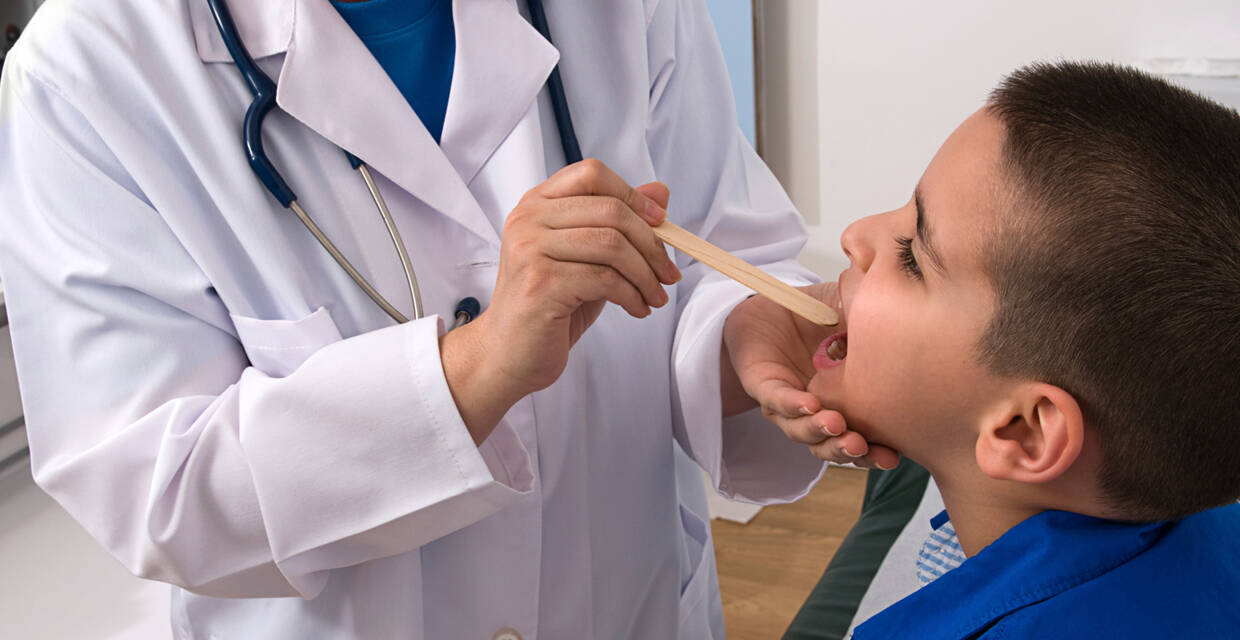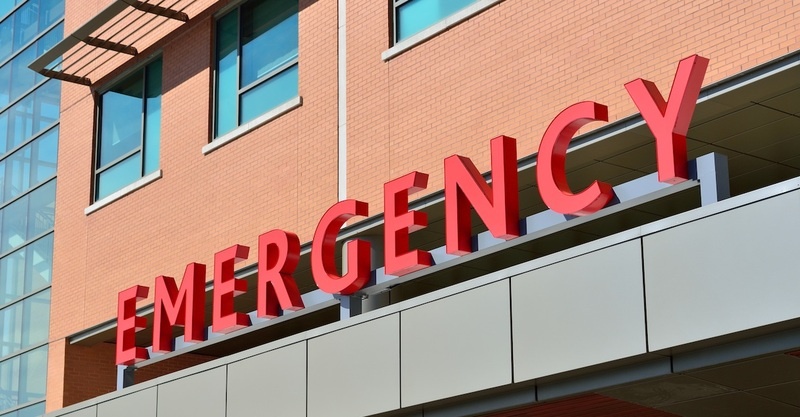Urgent care centers can provide a wide variety of medical services and treat a large number of non-emergent health conditions. These range from routine items such as vaccinations to diagnostics such as lab work.
What Conditions Are Treated at Urgent Care?
The biggest service offered by urgent care facilities is the treatment of common, non life-threatening illnesses and injuries. In general, the things that are treated in urgent care facilities include:
- Allergic reactions and asthma
- Cuts, burns, bug bites and animal bites
- Falls, sprains, strains, and broken bones
- Colds and flus
- Pink eye
- Ear infections
- Sinus pressure and sinus infections (sinusitis)
- Bronchitis and strep throat
Do Urgent Care Centers Provide Lab Services?
Most urgent care centers offer a variety of lab services to better diagnose and help patients. Lab services may be in conjunction with other treatment procedures, diagnostics, and more. The laboratory services offered through an urgent care facility are the same type of services that are offered in an emergency room or through your primary care doctor. Specifically, they include the following lab services:
- COVID-19 Tests, COVID-19 Antibody Tests
- Blood tests including blood glucose, basic and comprehensive metabolic panels, complete blood counts, etc.
- Electrolyte testing
- STD tests
- Pregnancy tests
- Urinalysis
- Drug tests and screenings
- Fecal blood occult
- Flu tests and rapid flu tests
- Strep tests
- PT / INR tests
Do Urgent Care Centers Offer Preventative Health Services?
Urgent care centers also offer a variety of routine services for patients. These services can include many preventative or regular items. Some things included in the routine services offered by urgent care facilities are:
- Vaccinations and flu shots
- Physicals (DOT, school, sports, or annual)
- Gynecologic exams
- Drug screening
- Well baby checks
- And more
What Symptoms are Treated at Urgent Care?
Sometimes, you may not know exactly what is wrong. In this case, it is still a good idea to come to an urgent care facility if you are experiencing some of the following symptoms:
- Rashes and itching
- Coughing (and dry cough), sneezing and wheezing
- Sore throat and strep throat
- Body and muscle aches
- Nausea, diarrhea and vomiting
- Headaches
- Other unexplained pain or swelling
Do Urgent Care Centers Administer IVs and Medication?
Because the staff at all urgent care facilities are medical professionals – either doctors or nurse practitioners, they are able to give you the best medical advice and offerings available. In some cases, this may include items such as IVs and medication. This is on a case-by-case basis. If it is determined that you require a medication, a prescription and more information will be given to you. In addition, if you are dehydrated and require an IV, this will be explained and a medical professional will get this started.
Non Life-Threatening Conditions
It is crucial to remember that if you are encountering a life threatening condition, you need to call 911 or get to the emergency room. Urgent care facilities are generally not equipped to deal with these.


 LinkedIn
LinkedIn








